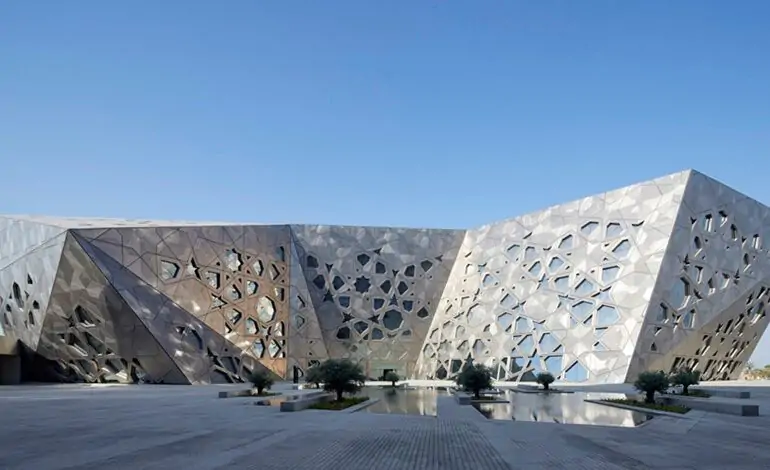24/07/2025
24/07/2025

CAIRO, July 24: Kuwait has long stood as a beacon of intellectual, cultural, and media leadership in the Gulf region, and its designation as the Arab Capital of Culture and Media for 2025 further solidifies its role in shaping the Arab world’s cultural identity.
Recognized for its enduring contributions to creativity, literature, journalism, and performing arts, Kuwait has fostered generations of writers, artists, and thinkers. From publishing the first Gulf newspapers to hosting landmark theater festivals and producing groundbreaking television dramas, Kuwait has continuously enriched Arab cultural life.
This prestigious selection by Arab cultural bodies highlights Kuwait’s sustained efforts in promoting culture, media, and intellectual dialogue, reinforcing its position as a regional hub for cultural exchange and communication. It also reflects Arab appreciation for Kuwait’s initiatives in preserving heritage and supporting education and cultural development.
Speaking to the Kuwait News Agency (KUNA), Dr. Tarek Saada, member of Egypt’s Senate and head of the Egyptian Media Syndicate, emphasized that Kuwait's selection underscores its status as "an intellectual and media platform with broad Arab influence." He praised Kuwait’s foundational role in journalism, theater, and television in the Gulf, crediting the country's political leadership for its unwavering support of cultural initiatives.
Dr. Saada also highlighted the opportunity this recognition presents to boost Arab cooperation and coordination in addressing shared cultural and political challenges. He pointed to the robust media partnership between Egypt and Kuwait as a model of bilateral cooperation, particularly in advocating for key Arab causes such as the Palestinian issue and regional security.
According to Saada, efforts are underway to deepen this partnership. Kuwaiti media organizations have been officially invited to explore new avenues for collaboration, including training, artificial intelligence applications in media, and enhancing journalistic narratives. A draft protocol to formalize these joint initiatives is currently being prepared by the Egyptian Media Syndicate.
Echoing this sentiment, Radwa Hashem, spokesperson for Egypt’s Ministry of Culture, described Kuwait’s selection as a well-earned recognition of its media legacy and longstanding support for Arab causes. "Kuwait has always served as a platform for dialogue and enlightenment," she said, citing its pioneering contributions to print, visual, and audio media.
Hashem emphasized the strategic role of media in shaping public awareness and fostering unity, advocating for new pan-Arab platforms and collaborative initiatives. She also expressed hope for launching a joint digital platform to promote Arab culture and safeguard the region’s shared heritage.
Turning to Kuwaiti-Egyptian cultural ties, Hashem highlighted the deep-rooted relationship between the two nations and the promising potential for collaboration in documentary and drama productions, as well as joint cultural weeks.
She concluded by stating that Kuwait’s selection presents a valuable opportunity to celebrate Arab identity, promote shared cultural values, and invest in modern platforms that preserve and revitalize Arab artistic and intellectual treasures.
The announcement marks a significant milestone for Kuwait, affirming its leadership in the cultural and media fields and setting the stage for expanded regional cooperation and innovation in the years to come.


